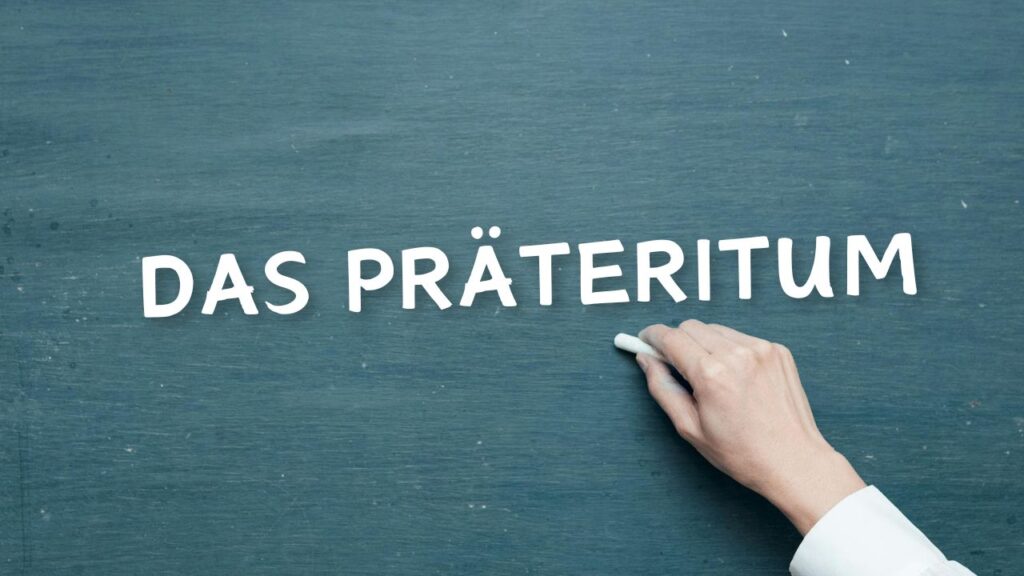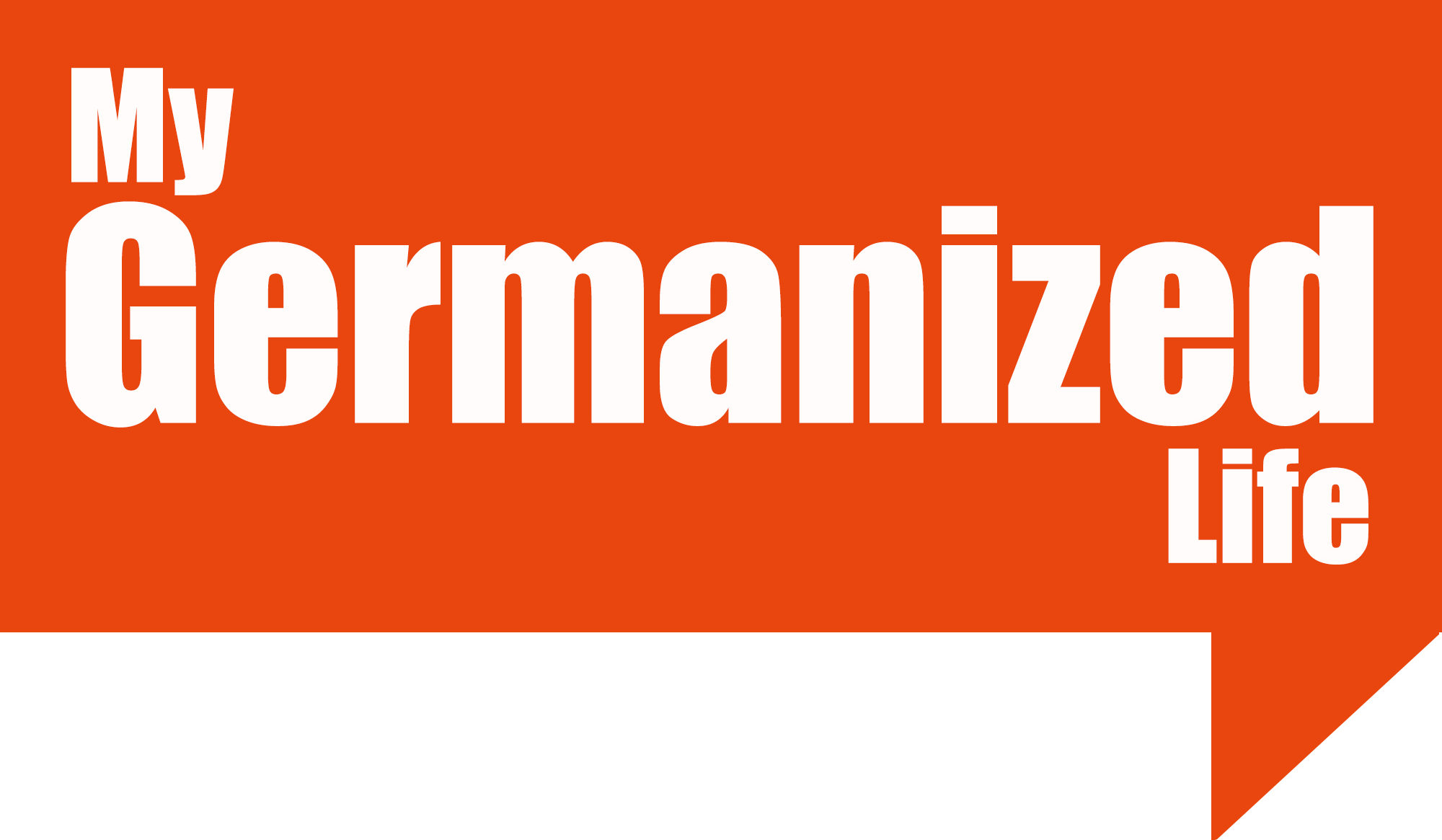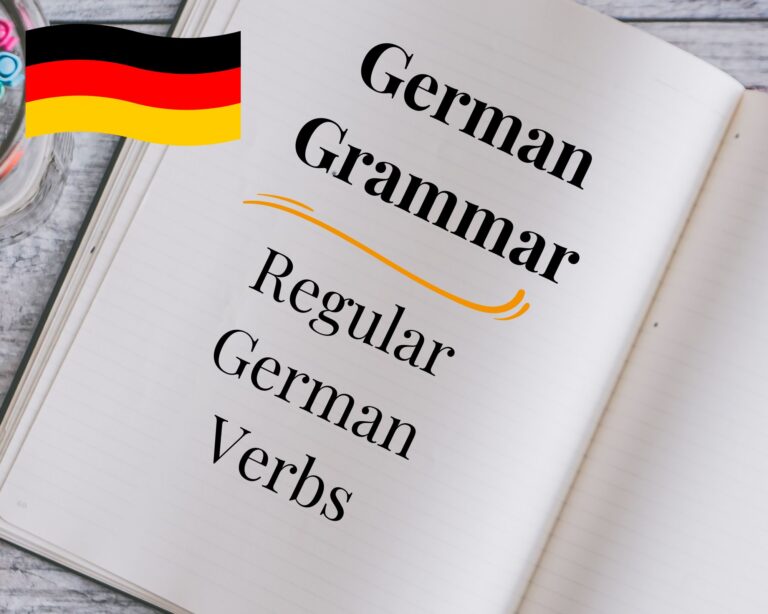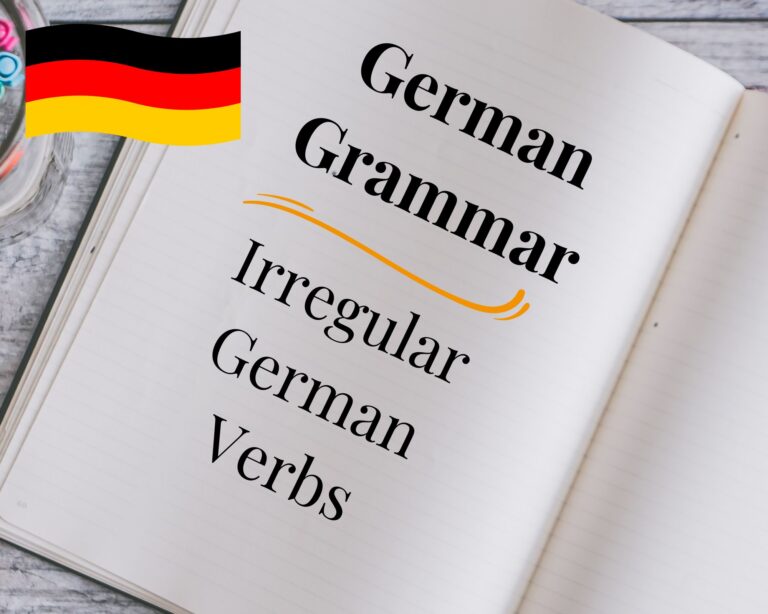The German simple past tense, or “Präteritum” seems daunting at first, but this tense is easier than you think. It’s primarily used in written language, like books, newspapers, and reports, but you’ll also hear it in storytelling and formal speech. Let’s break it down with clear explanations and practical exercises.

What Is the Simple Past Tense in German?
The German simple past tense describes actions or events that happened in the past and are now complete. Unlike English, where the simple past is common in both spoken and written contexts, German often uses the perfect tense (“Perfekt”) in conversation. However, the simple past tense is more for reading and writing.
How to Form the German Simple Past with Regular Verbs
For regular verbs, the simple past tense is formed by adding specific endings to the verb stem. These endings are consistent and straightforward.
Examples:
- Ich spielte Fussball. (I played football.)
- Sie arbeitete gestern. (She worked yesterday.)
Endings for Regular Verbs:
| Person | Ending | Example: spielen (to play) |
| ich (I) | -te | spielte |
| du (you) | -test | spieltest |
| er/sie/es (he/she/it) | -te | spielte |
| wir (we) | -ten | spielten |
| ihr (you all) | -tet | spieltet |
| sie/Sie (they/you formal) | -ten | spielten |
Walkthrough Example: “spielen”
Let’s conjugate the verb “spielen” step by step.
- Start with the verb stem: spiel- (remove the -en).
- Add the correct endings:
- Ich spielte (I played)
- Du spieltest (You played)
- Er spielte (He played)
- Wir spielten (We played)
- Ihr spieltet (You all played)
- Sie spielten (They played)
By following these simple rules, you can confidently form the simple past for regular verbs.
Practice Exercise 1: Regular Verbs
Complete the sentences below by conjugating the given verbs in the simple past tense. Translations are provided for better understanding:
Forming the German Simple Past: Irregular Verbs
Irregular verbs in the simple past do not follow a consistent pattern like regular verbs. Instead, their stems often change. The endings, however, remain mostly consistent. Here’s how they work:
- Identify the stem change: Many irregular verbs change their vowel in the simple past, such as fahren (to drive) becoming fuhr.
- Add the correct endings: The endings for ich (-), du (-st), er/sie/es (-), wir (-en), ihr (-t), and sie/Sie (-en) are applied, but without adding -te.
Examples of German Simple Past Irregular Verbs
finden (to find):
- Ich fand (I found)
- Du fandest (You found)
- Er fand (He found)
sehen (to see):
- Ich sah (I saw)
- Du sahst (you saw)
- Wir sahen (We saw)
nehmen (to take):
- Er nahm (He took)
- Sie nahmen (They took)
Some verbs are so frequently used that mastering their simple past forms is essential. Let’s focus on the three most important ones: sein (to be), haben (to have), and werden (to become).
Conjugation of sein (to be)
| Person | Conjugation | Example |
| ich (I) | war | Ich war glücklich. (I was happy.) |
| du (you) | warst | Du warst müde. (You were tired.) |
| er/sie/es (he/she/it) | war | Er war hier. (He was here.) |
| wir (we) | waren | Wir waren zu Hause. (We were at home.) |
| ihr (you all) | wart | Ihr wart freundlich. (You all were friendly.) |
| sie/Sie (they/you formal) | waren | Sie waren nett. (They were nice.) |
Conjugation of haben (to have)
| Person | Conjugation | Example |
| ich (I) | hatte | Ich hatte ein Buch. (I had a book.) |
| du (you) | hattest | Du hattest einen Hund. (You had a dog.) |
| er/sie/es (he/she/it) | hatte | Er hatte Zeit. (He had time.) |
| wir (we) | hatten | Wir hatten Glück. (We were lucky.) |
Conjugation of werden (to become)
| Person | Conjugation | Example |
| ich (I) | wurde | Ich wurde Lehrer. (I became a teacher.) |
| du (you) | wurdest | Du wurdest krank. (You became sick.) |
| er/sie/es (he/she/it) | wurde | Er wurde berühmt. (He became famous.) |
| wir (we) | wurden | Wir wurden müde. (We became tired.) |
| ihr (you all) | wurdet | Ihr wurdet nervös. (You all became nervous.) |
| sie/Sie (they/you formal) | wurden | Sie wurden reich. (They became rich.) |
Practice Exercise 2: Irregular Verbs
Fill in the blanks with the correct simple past form of sein, haben, or werden. Translations are included for clarity:
Download the Free Flashcards
Learn the 72 most common irregular German verbs in the simple past tense with this free printable and downloadable PDF.
Tips for Memorizing Irregular Verbs
Look up conjugation patterns for German verbs until you learn them by heart. Here are some tips for learning the irregular German verbs in the simple past tense.
- Group by Patterns: Many irregular verbs share similar changes, such as finden (fand) and singen (sang).
- Use Flashcards: Create flashcards for irregular verb conjugations to reinforce memory.
- Practice Daily: Incorporate reading and writing exercises to see these verbs in context.




